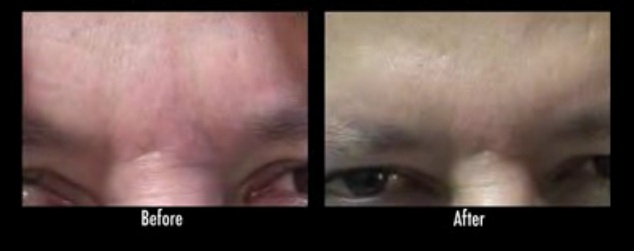Botox has been researched for many different applications. This includes migraines, sweating and even hair loss. A few years ago, a medical journal called Dermatologic Surgery, published a small pilot study in 2006 on how Botox could affect our moods.
This research was performed on ten women. Researchers injected Botox into the frown line muscles of these subjects. In this study, frown lines were defined as lines between the eyebrows and lines around the mouth.
Botox relaxed the muscles in these areas. And this prevented the subjects from making facial expressions which are associated with negative moods. The researchers were surprised to find that these injections actually reduced their depression symptoms.
Botox eliminated these symptoms in nine of these subjects. And the tenth subject experienced a reduction in depression. These observations are simply worth noting for additional research. The American Psychiatric Association predicts that 10-25% of women and 5-10% of men will experience some form of clinical depression during their lifetimes.
This clinical study is also consistent with other research in psychology which links the act of making facial expressions with moods. People seem to feel better when they smile, even if it is forced and fake. And they feel worse when they frown.
Theories That May Explain Why Botox Affects Mood
The lead researcher of the 2006 Botox study was a cosmetic surgeon named Dr. Eric Fenzi of Maryland. He proposed a possible explanation of how facial expressions can affect mood.
This can be imagined as a pathway. The muscles that make the facial expressions send input to areas of the brain that process emotions. And these areas produce neurotransmitters that are associated with different emotional states that then processed by the brain.
This is simply a possible feedback look that occurs. However no one has yet verified the existence of this neural pathway.
Botox and Depression
Although the pilot study observed a correlation between Botox and depression, it does not mean that Botox can actually be used at this point as a treatment for this disorder.
However, the results are certainly thought provoking. Researchers have yet to study the emotional effects of using Botox on crows feet wrinkles and horizontal forehead lines, among other possible inquiries. And it would undoubtedly be interesting to see what results ensue.

